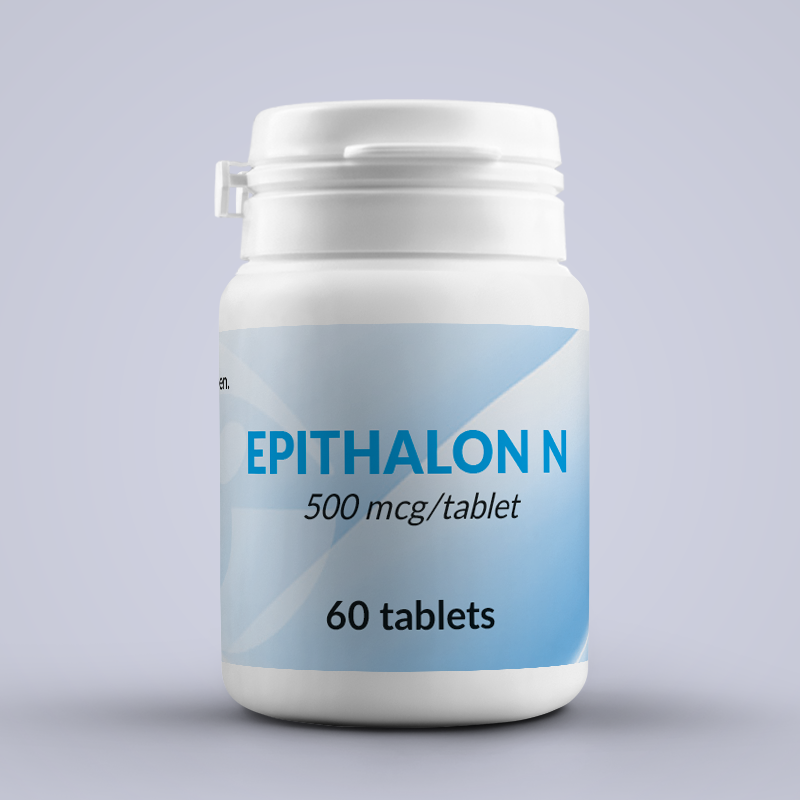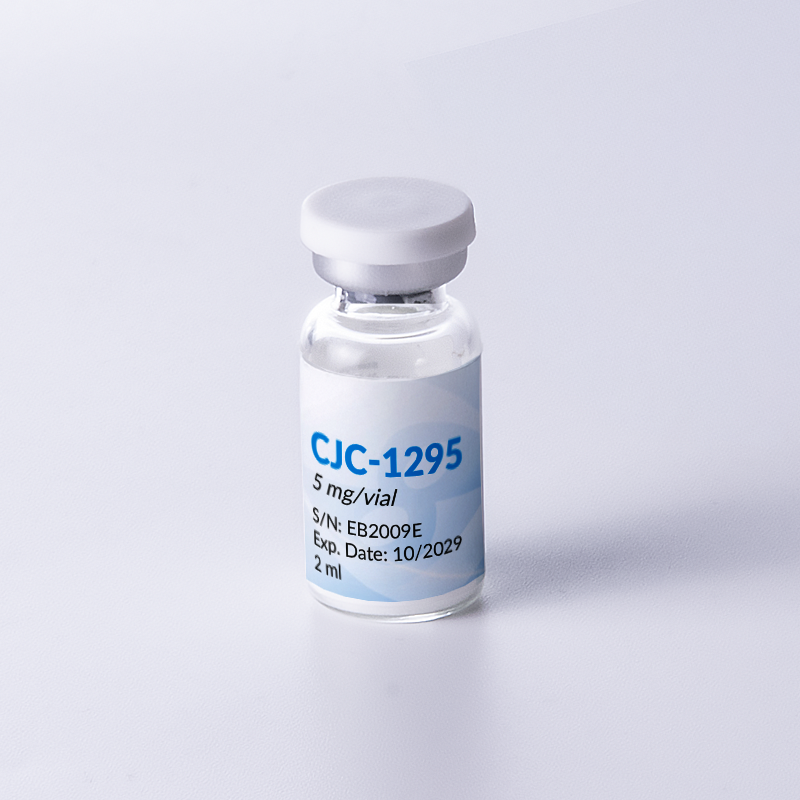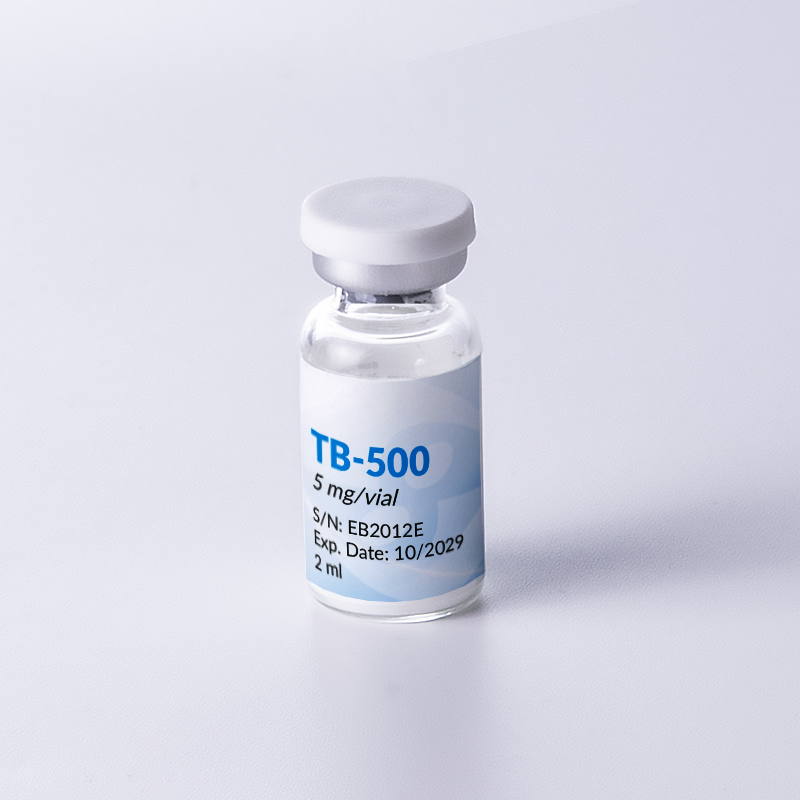Description
Humanin is a 21-amino-acid peptide encoded within the mitochondrial 16S rRNA region. It was first identified for its protective role against Alzheimer’s disease-related cellular toxicity, and has since been widely studied for its anti-apoptotic, anti-inflammatory, and metabolic regulatory functions.
Humanin exerts its effects by interacting with multiple cell surface receptors, including FPRL1 and the CNTFR/WSX-1/gp130 complex, as well as through intracellular signaling pathways such as JAK/STAT, ERK1/2, and PI3K/Akt. These interactions allow Humanin to protect cells from various forms of stress, including oxidative damage, amyloid toxicity, and mitochondrial dysfunction.
Research has explored Humanin’s roles in neuroprotection, insulin sensitivity, cardiovascular health, and lifespan extension. Elevated levels of Humanin have been associated with enhanced cell survival and metabolic stability, while declines in expression are linked to aging and chronic disease. As a mitochondrial-encoded peptide with systemic effects, Humanin is considered a promising candidate in studies on healthy aging, neurodegenerative disorders, and mitochondrial medicine.













There are no reviews yet.